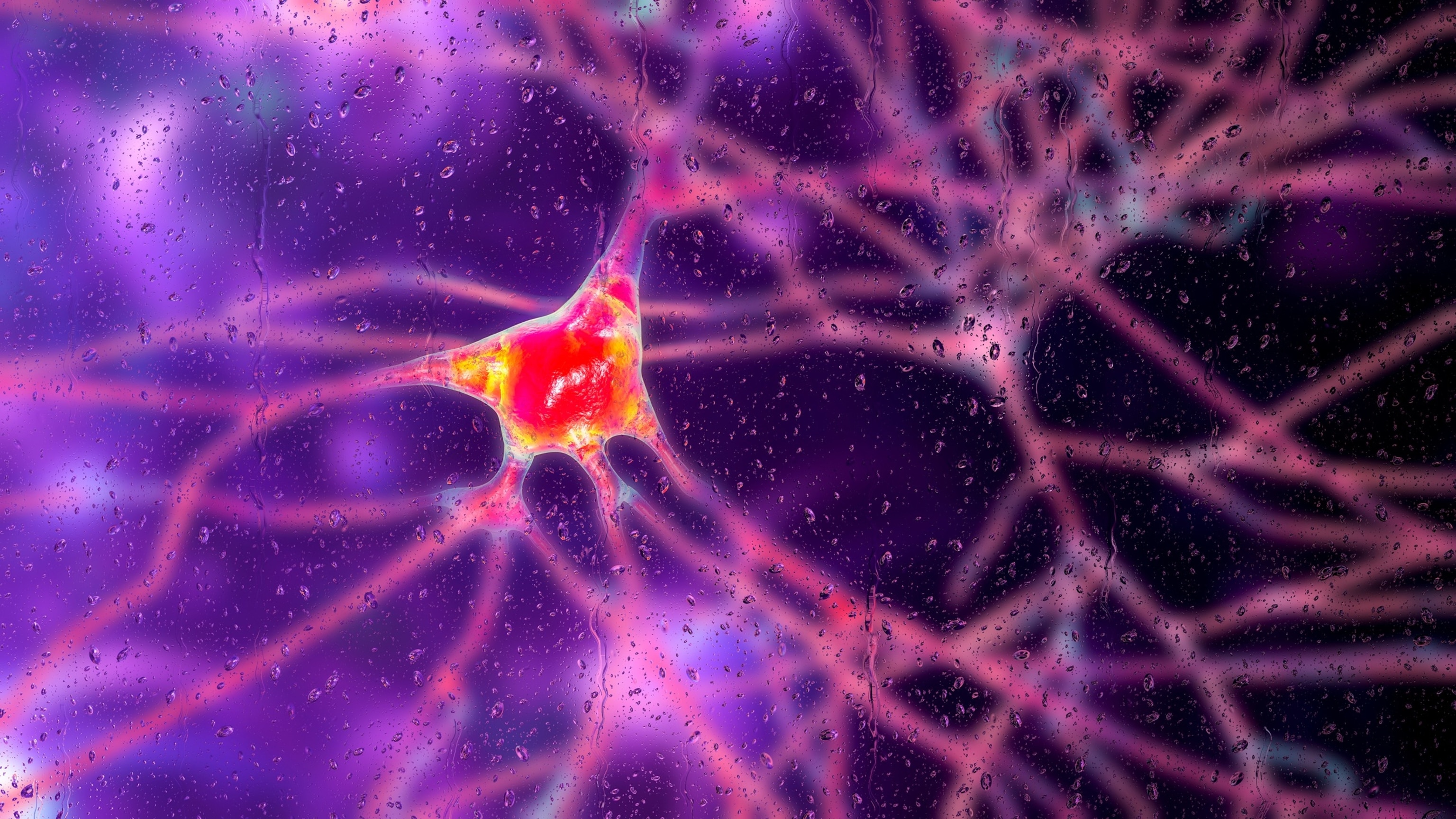A one-time gene therapy treatment has shown remarkable success in slowing the progression of Huntington’s disease in a preliminary trial, according to a press release from University College London (UCL).
The experimental treatment, called AMT-130, reduced disease progression by 75% over three years in patients who received a high dose, compared to those on standard care, according to researchers. While these early results are promising, they are preliminary and the treatment could still years away from potential FDA approval, with the earliest application expected in 2026.
“This result changes everything,” UCL professor Ed Wild said in the press release. “One of my patients who had to retire due to the disease has even been able to return to work.”

Science Photo Library via Getty Images
Huntington’s disease affects about 100,000 Americans and occurs when a faulty gene causes toxic proteins to damage brain cells. Children of affected parents have a 50% chance of inheriting the condition, according to the press release. The disease typically appears in mid-adulthood, causing problems with movement, memory, and mood, and usually progresses over 15-20 years.
The new therapy works by using a harmless virus to deliver special genetic instructions to the brain, researchers said. These instructions help turn off the harmful protein that damages brain cells. Unlike current treatments that only manage symptoms, AMT-130 is designed to be a one-time treatment that lasts a lifetime.
“I am thrilled that this study showed statistically significant effects on disease progression,” professor Sarah Tabrizi, lead scientific advisor for the trial at UCL, said in the announcement. She added that the treatment could help patients “preserve daily function and keep them working longer.”
The study included 29 patients, with 12 receiving a high dose of the drug over three years. Scientists measured the treatment’s success through brain scans and by testing spinal fluid for signs of brain cell damage, which showed significant improvement.
While the results are encouraging, experts caution that larger studies are needed. The treatment requires complex brain surgery to deliver the therapy directly to affected areas. Despite this challenge, researchers reported that patients tolerated the procedure well with manageable side effects.
If approved, AMT-130 would become the first treatment to actually slow down Huntington’s disease rather than just treat its symptoms. However, the path to FDA approval typically takes several years of additional testing and review to ensure both safety and effectiveness.
The findings haven’t yet been published in a medical journal and have not yet been vetted by other medical experts but will be presented at a major medical conference next month.

